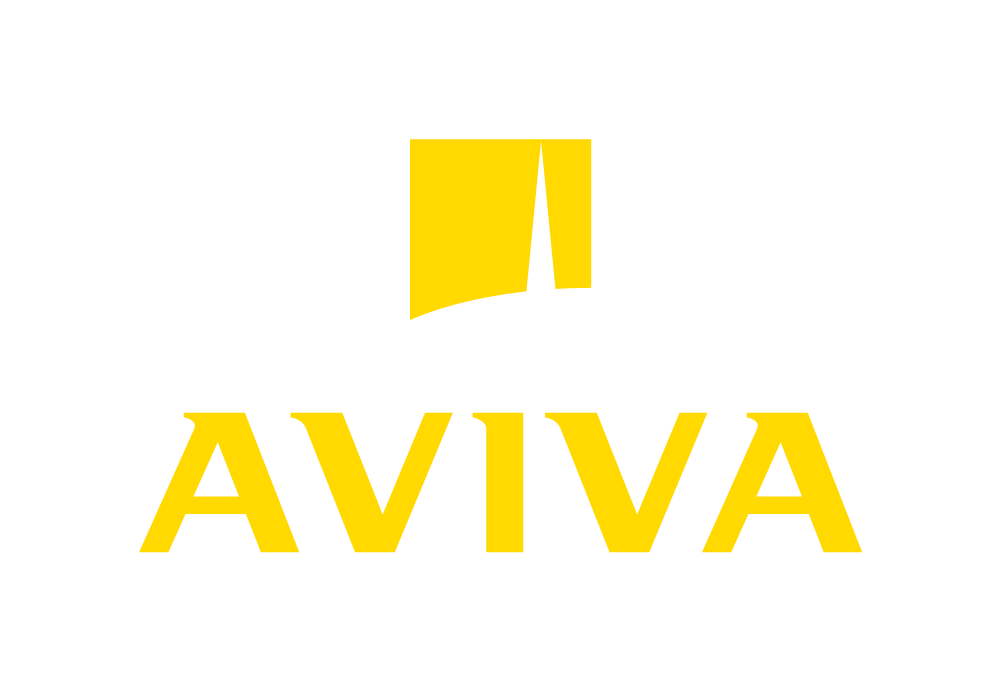As a parent, you want to prepare your children for their adulthood in the best way possible. You could teach your child money lessons on planning, budgeting and saving, but you could also look into the benefits of a Junior ISA and how this could help your child to start saving or investing in their future.
Payday
Want to show your teens what you go through financially each month? PayDay could help since it places players in real-life financial situations. The board game takes the form of a monthly calendar and you get paid at the end of each month. In between, you need to deal with everyday expenses like bills, food shopping, or unexpected payments. The winner is the person who has the most money at the end of the last round. Therefore, playing PayDay can be a good way to teach teens useful financial skills, like saving and budgeting, which in turn could help them enter the investing world in the future.
Monopoly
No list about money games would be complete without Monopoly! We’ve all played it at least once in our lifetime and the game is still very popular today. By playing Monopoly, teens can learn about planning for the future and delayed gratification. Indeed, the game is about buying properties in the hope of collecting rents, hence making potential gains later – a bit like investing where you put money in stock markets in the hope of getting a return over the long-term. Monopoly can also help teens understand the importance of saving money to afford expenses. Whilst the aim of the game is to amass as many rent payments as possible by purchasing properties, you also need to keep enough cash aside to be able to pay rents yourself without going broke.
The Sims
The Sims is a simulation game which can help teens understand that patience, hard work, and saving are key to keep their finances in shape and bring their long-term goals to life. With The Sims, you have to build virtual characters and get them through everyday activities, such as eating, socialising, sleeping, and managing money to bring projects to life. At the start of the game, you are given a budget and need to make it grow by getting your protagonist a job, so you can afford expenses (e.g. bills and groceries) and purchase new exciting things, like a swimming pool or a car.
Football Manager
With this strategic online game, teens can build and manage a football team, but most importantly, they can learn that financial management is about finding the optimum balance between their wants and needs. When playing Football Manager, you’re given a transfer budget and can use it to buy players. This requires you to make cost-effective decisions by getting the players you think could help the team win but without overspending and damaging the club’s financial state. The game could teach teens to review their finances before spending or investing money.
Dungeons & Dragons
Dungeons & Dragons isn’t only about battling against others. In fact, it can teach teens about saving and planning for the long-term. Throughout your journey, you can earn gold and silver coins and you’re allowed to spend them to buy items that might help you survive longer, such as a better suit or more efficient weapons. However, the trick is to have enough funds to face any unexpected events and achieve your long-term goals.
Please remember the value of your investments can go down as well as up, and you could get back less than invested.





